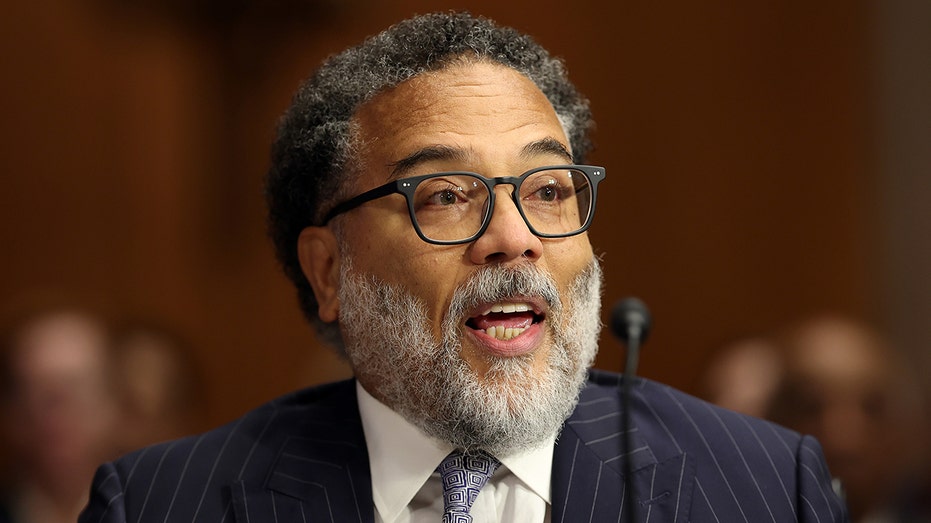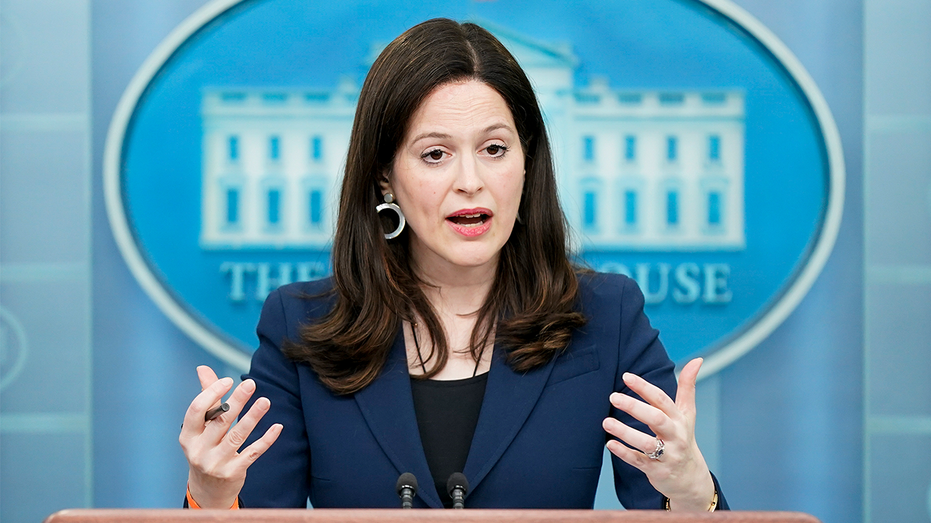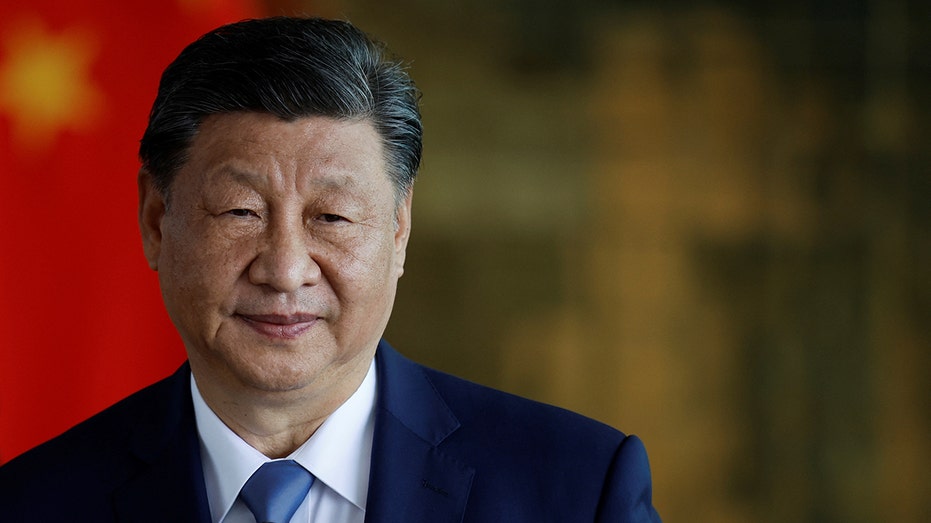Outgoing WH official calls for US to bolster cybersecurity workforce by hiring non-degree holders
The White House’s outgoing cyber czar, Harry Coker, called for three key things to meet the growing threat of digital attacks: more funding, deregulation and opening up cyber jobs to those without college degrees.
As adversaries like Iran, China and Russia lob near-constant attacks on the U.S. digital infrastructure, "we have to prioritize cybersecurity within federal budgets" President Joe Biden’s national cyber director said at an event with the Foundation for Defense of Democracies in Washington, D.C.
"I would love for the incoming administration, or any administration, to recognize the priority of cybersecurity," Coker said.
He added that he understands the U.S. is in a "tough budget situation."
"I get that, and I support making progress towards reducing the deficit, but we have to prioritize cybersecurity within our current budgets," he said.
At the same time, the Biden appointee railed against "duplicative federal regulation" and said he’d heard from those working to protect the nation’s online infrastructure that they spend "a staggering 30 to 50%" of their time working to comply with regulation, rather than ensuring protection from hacks.
"Armed with the industry's call to streamline, we worked with Congress to write bipartisan legislation that would bring all stakeholders, including independent regulators, to the table to advance the regulatory harmonization," he went on.
"Many of us were disappointed that this has not become law yet, but we have laid the groundwork for the next administration in Congress to do the right thing for our partners in the private sector."
His urging comes as the U.S. is grappling with the fallout of one of China’s biggest attacks on American infrastructure in history, dubbed Salt Typhoon.
A Chinese intelligence group infiltrated nine U.S. telecommunications giants and gained access to the private text messages and phone calls of Americans, including senior government officials and prominent political figures.
The Salt Typhoon hackers also gained access to an exhaustive list of phone numbers the Justice Department had wiretapped to monitor people suspected of espionage, granting them insight into which Chinese spies the U.S. had caught onto and which they had missed.
FBI'S NEW WARNING ABOUT AI-DRIVEN SCAMS THAT ARE AFTER YOUR CASH
China was also behind a "major" hack of the Treasury Department in December, gaining access to unclassified documents and the workstations of government employees.
And earlier this year, Commerce Secretary Gina Raimondo’s communications were intercepted by Chinese intelligence, just as she was making determinations about new export controls on semiconductors and other key technologies. The same hacking group also targeted officials at the State Department and members of Congress.
Amid this onslaught of attacks, Coker said the cyber industry is suffering a recruitment issue.
"Today there are nearly 500,000 open cyber jobs in this great nation," he said.
"The federal government is leading by example… removing federal employee and contractor hiring from a focus on college degrees to a focus on what we're really after: skills.
"When we do away with the four-year college degree requirement, we expand our talent pool," Coker went on. "Many Americans don't have the time or the means to go to college for four years, but they can do it for two years or less."




